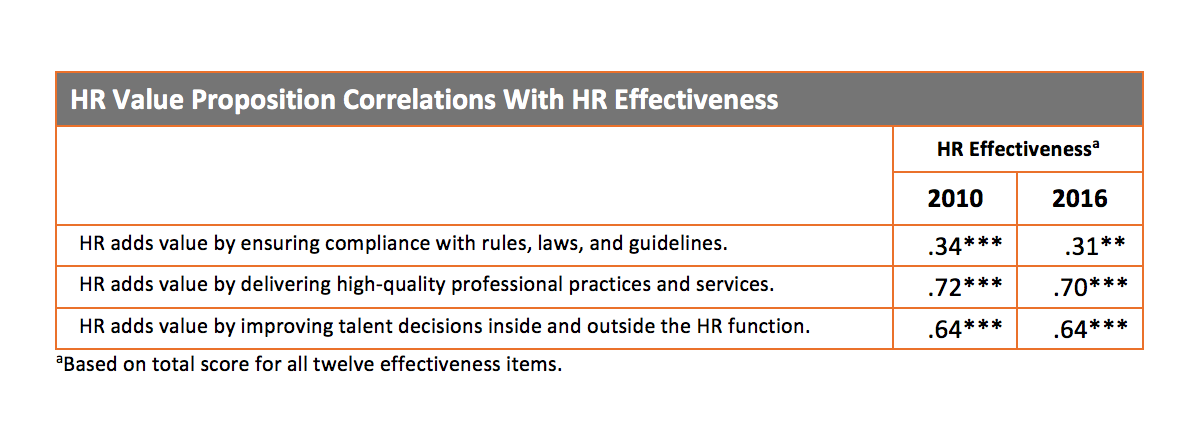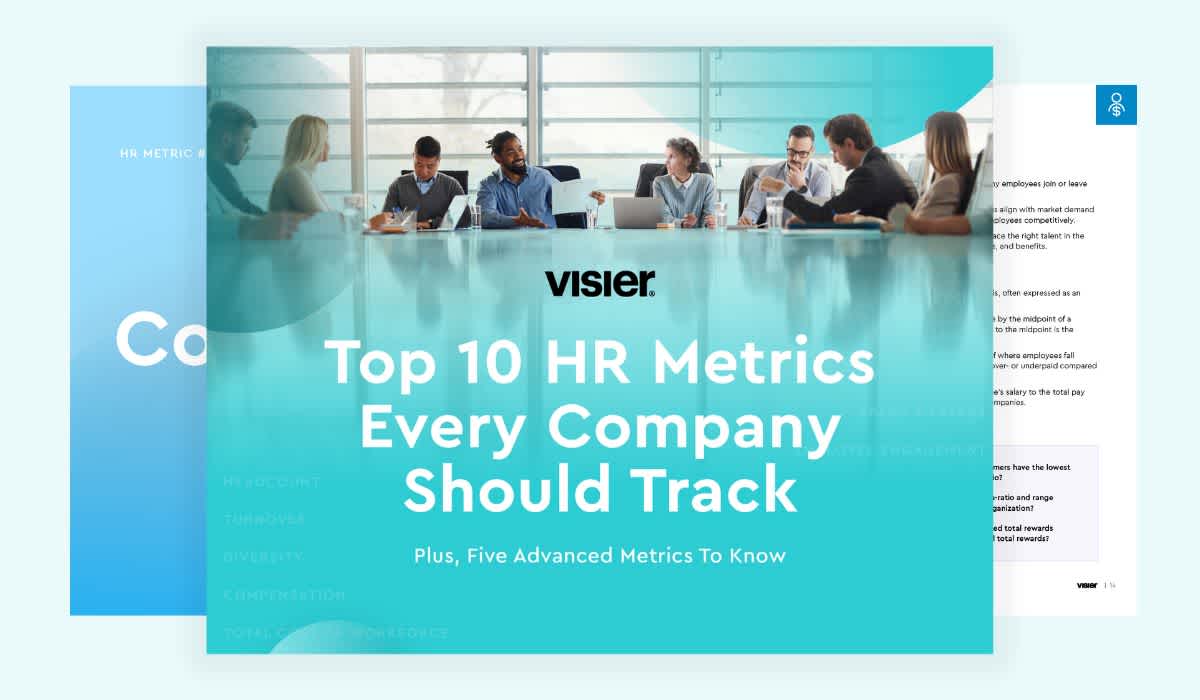Control, Services and Decisions: The Evolution and Impact of the HR Value Propositions
Do traditional HR value propositions drive more organizational effectiveness and performance? John Boudreau and Edward Lawler share.

Does HR drive more effectiveness and organizational performance by improving traditional HR value propositions, such as compliance and services, or by improving decisions?
Beyond HR, which was published ten years ago, advocated a “decision science” to advance HR, talent management, work, and organization design. A notable analogy in the book is based on Finance’s history of three fundamental value propositions:
Control:
Adding value by ensuring compliance with rules, laws, and guidelines.
Services:
Adding value by delivering high-quality professional practices and services.
Decisions:
Adding value by improving decisions inside and outside the function.
Finance and HR both evolved an initial exclusive focus on control, then added services, and then strategic decision improvement. Finance has great impact in guiding leader decisions, but it also maintains balance with the other value propositions. All accountants need not become financial analysts and CFO’s.
One strong suggestion in Beyond HR is that, like Finance, HR should evolve from an exclusive focus on control or services, and also increase decision support to achieve more balance.
But is that happening?
We explore this using surveys of HR leaders in over 100 U.S. organizations in the years 2010 and 2016 by the Center for Effective Organizations (the full report is in our forthcoming book, Human Resource Excellence: Assessing Global Strategies and Trends, that will be published by Stanford University Press in 2018).
Have the Value Propositions Improved Over Time?
The table below shows average ratings of each value proposition in 2010 and 2016. The three value propositions are rated virtually the same.

However, the level of value does not indicate their impact. Perhaps they have not improved because they have little association with important outcomes.
So, next we examine their impact, by looking at how strongly they associate with HR effectiveness and organizational performance.
How We Measured HR Effectiveness and Organizational Performance
HR effectiveness is measured by the average of the 12 items below, rated on a scale of 1 to 10, where 1 = “not meeting needs,” and 10 = “all needs met”:
Providing HR services
Being an employee advocate
Analyzing HR and business metrics
Preparing talent for the future
Managing outsourcing
Operating HR centers of excellence
Operating HR shared service units
Working with the corporate board
Providing change consulting services
Being a business partner
Helping to develop business strategies
Improving decisions about human capital
The average of this index was 6.8 in 2016.
Organizational performance was measured using this question (rated on a scale of: 1= “much below average” to 5= “much above average”):
“How would you gauge your company’s performance, relative to its competitors on …
Societal and environmental sustainability performance
HR function performance
Overall company performance”
Do the HR Value Propositions Drive HR Effectiveness?
The table below shows the correlations with HR effectiveness in the years 2010 and 2016.

HR services and decision support show the strongest associations, while Compliance shows an association only half as strong. This suggests an evolution toward services and decision support.
What HR Value Propositions Drive Organization Performance?
The table below shows the correlations with organizational performance in 2010 and 2016.

The pattern for organization performance is different from the one for HR effectiveness. In 2016, organizational performance associates most strongly and consistently with compliance and decision support, not services, and the association with services has decreased over time.
Opportunities and Pitfalls
Improving decision support is the clearest win-win proposition because it associates strongly and consistently with both HR effectiveness and organizational performance.
Research has shown that CHRO’s from non-HR backgrounds are successful in the CHRO role because they focus on business results and not just people outcomes. They achieve influence and confidence in HR and the rest of the business through a combination of factors: Analytics, Iteration and Curiosity.
Improving compliance is a more moderate win-win. It also associates positively with both HR effectiveness and organizational performance, but its contribution to HR effectiveness is smallest. Compliance may be seen as “table stakes” for the HR function, but it does impact organizational effectiveness. HR leaders may need to help constituents more clearly see its impact on organizational performance.
Improving HR services presents a dilemma because it associates most strongly with HR effectiveness, but least strongly with organizational performance.
Why?
The effects of compliance and decisions often occur outside the HR function, but directly affect tangible outcomes (avoiding lawsuits, enhancing innovation, etc.). HR services are tangible “products” of the HR function, but they impact organizational value less directly, through employee attitudes, engagement, job performance, etc.
HR leaders must avoid only enhancing HR functional effectiveness with improved HR services, since that may not drive organizational performance. Focus workforce analytics on true organizational priorities – not just on traditional measures of HR functional outcomes.
For over 10 years these value propositions have offered untapped opportunities to enhance HR impact. All three did not change from 2010 to 2016, yet, each has strong associations with HR effectiveness and organizational performance. It is time to accelerate HR’s progress.
About the Authors:
John Boudreau is professor and research director at the University of Southern California’s Marshall School of Business and Center for Effective Organizations, and author of the forthcoming books, “Lead the Work” with Ravin Jesuthasan and David Creelman and “Global Trends in Human Resource Management” with Edward E. Lawler III.
Edward E. Lawler III is Director of the Center for Effective Organizations and Distinguished Professor at the University of Southern California. He is the author of over 400 articles and 51 books. His forthcoming book Reinventing Talent Management: Principles and Practices for the New World of Work (2017) is be out this spring. For more information, visit his website and Center for Effective Organizations site.


